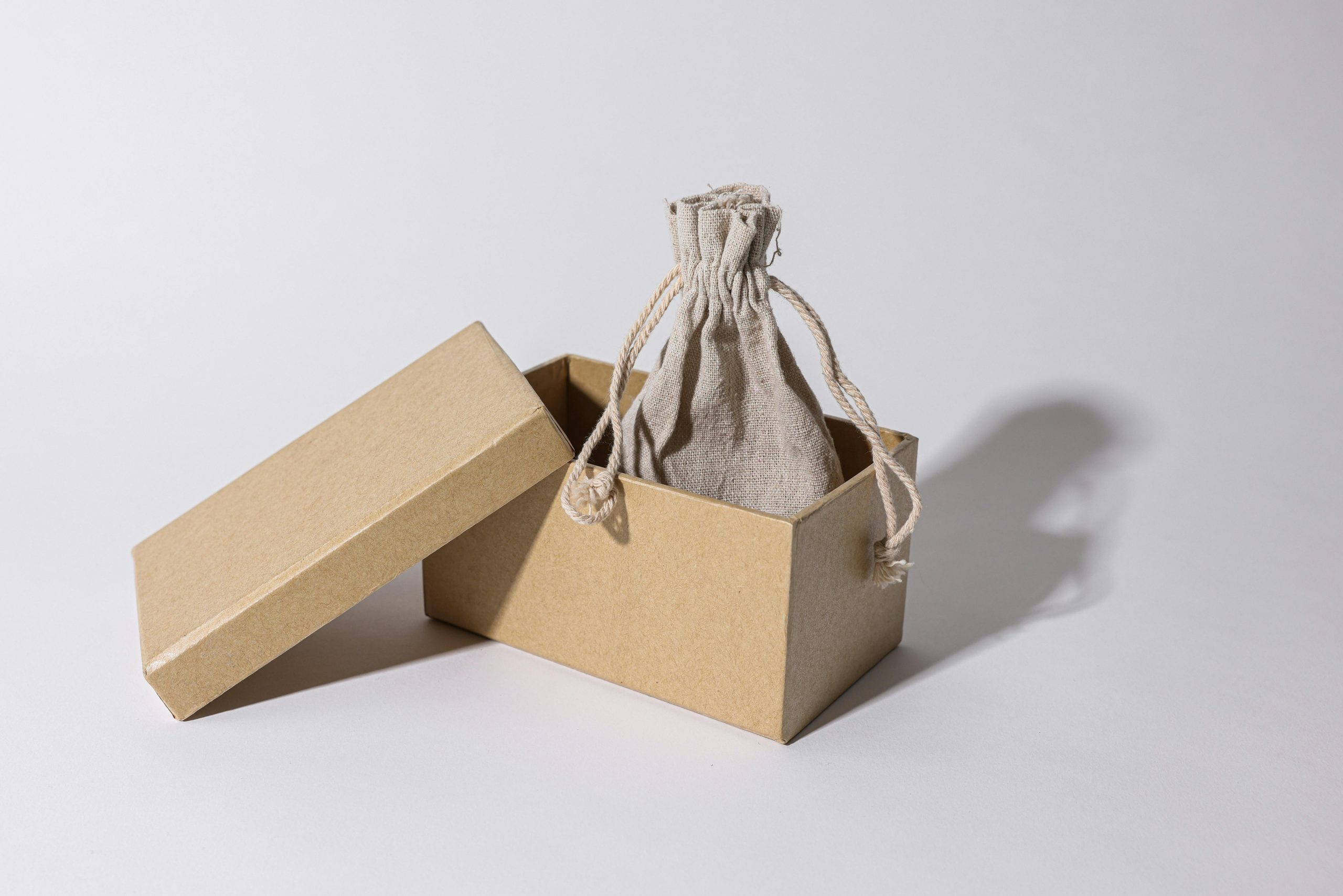Green Packaging Solutions: How Retailers Are Reducing Waste
As the world becomes more environmentally conscious, consumers are demanding that companies take steps to reduce their carbon footprint and become more sustainable. One area that has received a lot of attention in recent years is packaging. Traditional packaging methods, while convenient and functional, often result in excess waste and pollution. As a result, many retailers are turning to green packaging solutions to not only reduce their impact on the planet, but also to differentiate themselves in a crowded market. In this article, we will explore some of the ways retailers are using green packaging solutions to reduce waste and contribute to a more sustainable future.
The Importance of Green Packaging Solutions
Packaging plays a crucial role in the retail industry, ensuring that products are protected, transported, and presented to consumers in an efficient and appealing manner. However, the negative impact of traditional packaging on the environment cannot be ignored. According to the Environmental Protection Agency (EPA), packaging materials make up a significant portion of municipal solid waste, with the majority ending up in landfills or incinerators.
This excess waste not only adds to pollution and contributes to climate change, but it also has a direct impact on businesses. As consumers become more environmentally conscious, they are increasingly looking for products that align with their values and are produced sustainably. In fact, a recent survey found that 66% of consumers are willing to pay more for products from sustainable brands.
By adopting green packaging solutions, retailers can reduce their carbon footprint, appeal to eco-conscious consumers, and ultimately, boost their bottom line. Let’s take a look at some of the ways retailers are implementing green packaging solutions.
Biodegradable and Compostable Packaging
One of the most popular green packaging solutions is the use of biodegradable and compostable materials. These materials are designed to break down naturally over time, leaving behind minimal waste and harm to the environment. Retailers are using biodegradable and compostable materials for everything from packaging materials like paper, cardboard, and bioplastics, to packaging fillers like cornstarch foam pellets.
In addition to being environmentally friendly, biodegradable and compostable packaging can also set retailers apart from their competitors. With consumers becoming more aware of the negative impact of traditional packaging, many are actively seeking out products that use these sustainable materials.
Reduced Packaging
Another way retailers are reducing waste is by simply using less packaging. Many companies have started to shift towards a “less is more” approach, cutting down on the amount of packaging used for each product. This not only reduces waste, but it also minimizes the resources needed to produce the packaging in the first place.
One example of this is the “Naked” product line from Lush, a cosmetics company. Instead of traditional plastic packaging, the company uses minimal packaging, such as reusable tins and compostable boxes, for their solid shampoo bars and body lotions.
Reusable Packaging
In addition to reducing the amount of packaging used, retailers are also exploring the use of reusable packaging. This involves providing customers with packaging that can be returned and reused multiple times. Some companies, such as Loop, are taking this concept a step further by offering a subscription-based service for household products, where the packaging is returned, sanitized, and reused.
Reusable packaging not only decreases waste, but it also encourages a circular economy, where products are reused and recycled rather than disposed of after one use.
Smart Packaging Solutions
Innovative technology is also being used to create smarter, more sustainable packaging solutions. For instance, companies are using sensors and smart labels to track the freshness and shelf life of perishable items. This reduces food waste, as retailers can accurately determine when products should be sold or donated rather than thrown away.
Another example is intelligent packaging, which uses materials that interact with the product, such as absorbing excess moisture or releasing antimicrobial substances, to maintain freshness and extend shelf life. This technology can help reduce the need for preservatives and additives in products, making them more natural and better for the environment.
Collaboration and Education
In addition to implementing green packaging solutions, retailers are also joining forces with suppliers and manufacturers to promote sustainability throughout the supply chain. This collaboration allows retailers to work together to develop and adopt packaging materials and practices that are better for the environment.
Furthermore, retailers are also taking steps to educate consumers about the importance of sustainable packaging and how they can be a part of the solution. By providing information and resources, retailers can empower consumers to make more sustainable choices and reduce their own impact on the environment.
In Conclusion
The retail industry has a significant role to play in reducing waste and promoting sustainability. By implementing green packaging solutions, retailers can not only reduce their impact on the planet, but also attract eco-conscious consumers and stand out in a competitive market. With the ever-increasing demand for sustainable products, it is clear that green packaging solutions will continue to be a key factor in shaping the future of retail.











